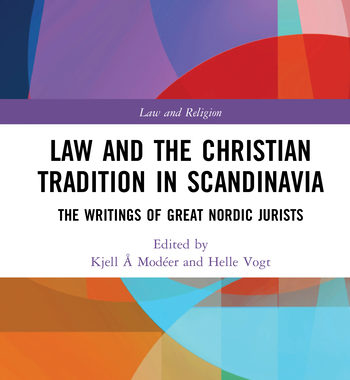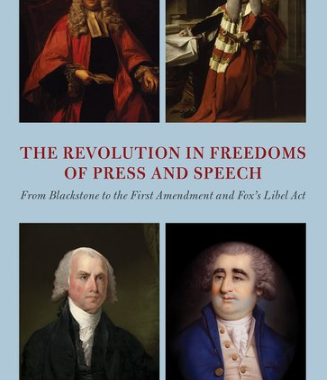“Law and the Christian Tradition in Scandinavia” edited by Kjell Å Modéer and Helle Vogt
Law and the Christian Tradition in Scandinavia: The Writings of Great Nordic Jurists edited by Kjell Å Modéer and Helle Vogt This volume is part of a 50-volume series on “Great Christian Jurists in World History,” presenting the interaction of law and Christianity through the biographies of 1000 legal figures of the past two millennia.…











